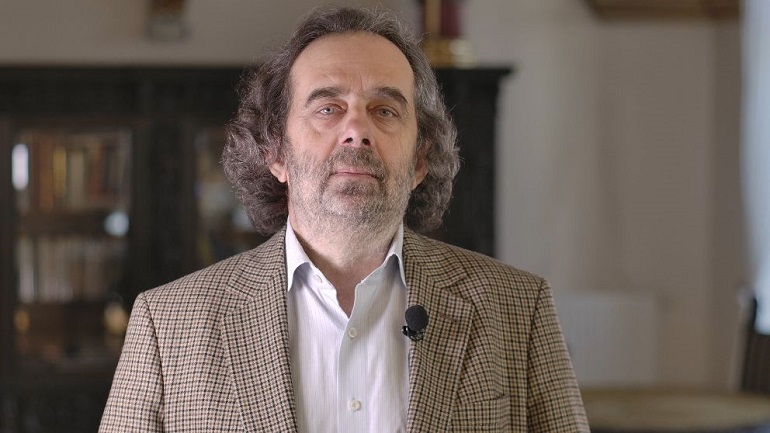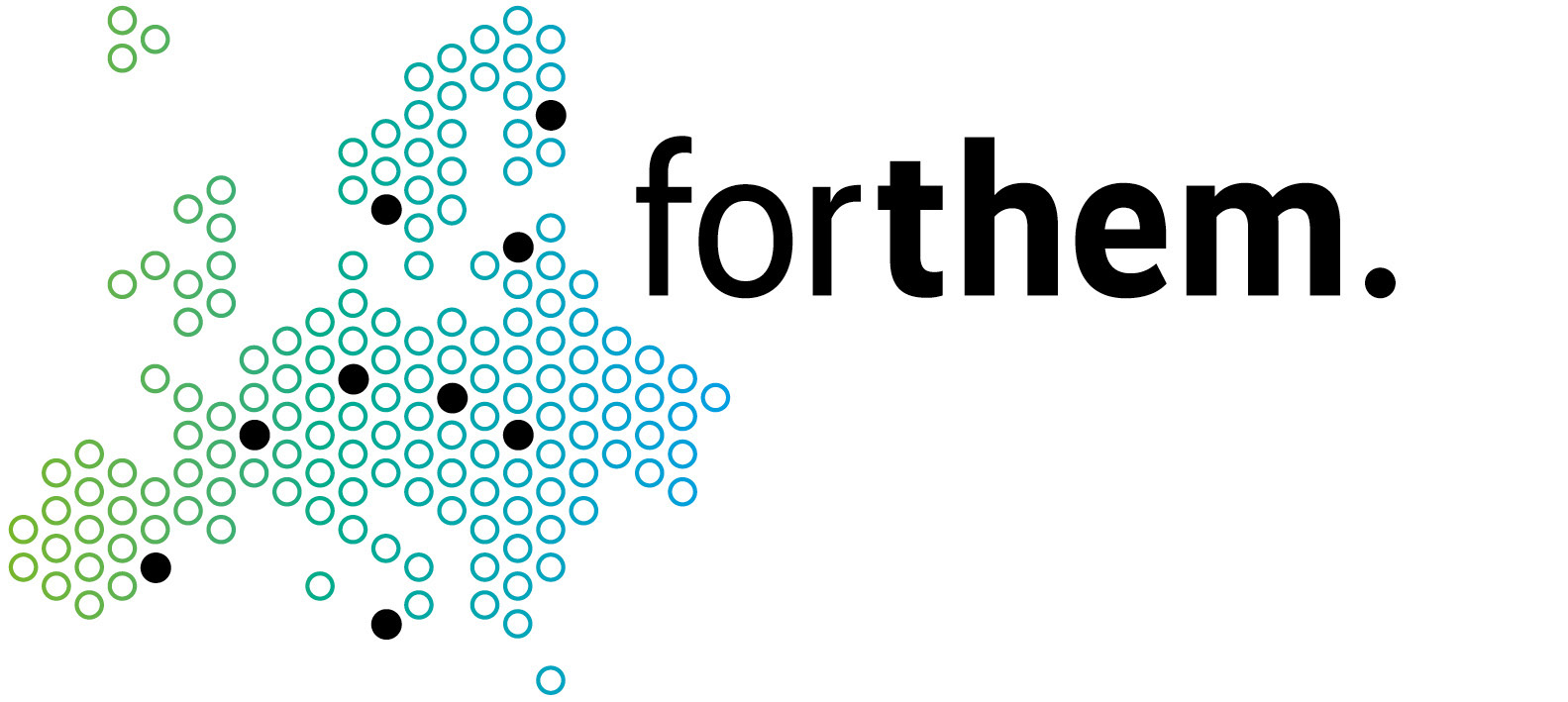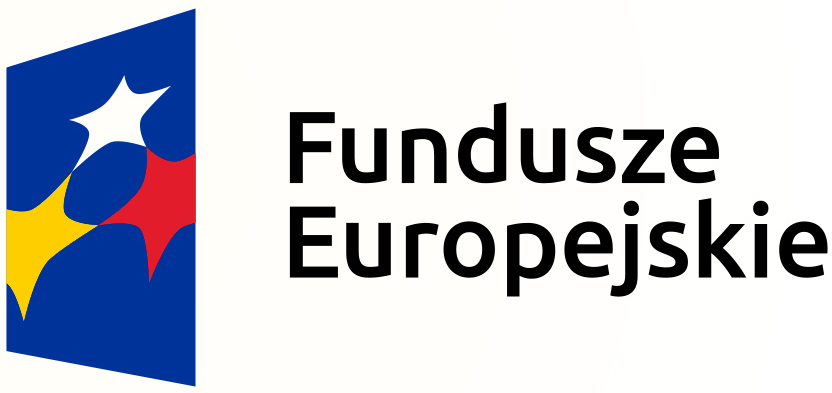Interview with Rector of University of Opole

The most difficult thing was the time pressure, the awareness that we have so much to do in such a short period of time and in such abnormal conditions," says the Rector of the University of Opole, Prof. Marek Masnyk, about the past, 27th year of the University of Opole.
Beata Łabutin: March 10, 2021 is the first Day of the University of Opole after the consolidation of our university with the State Medical School. How will you remember this year?
Prof. Marek Masnyk: This year's University Day falls at a very difficult time for us; in fact, it should be stressed that the entire past year was exceptional for a very obvious reason - the restrictions imposed by the COVID-19 pandemic. The decision to integrate the Medical School (PMWSZ) into the university coincided with the start of the pandemic; the celebration of this event could not be what it should have been.
Let us recap the facts. In the middle of May last year, there was a meeting at the Ministry of Science and Higher Education, during which the rector of the PMWSZ, Dr Tomasz Halski, and I finally defined the principles of the merger of our universities and signed an agreement. A week later the PMWSZ was formally incorporated into the structure of the UO; on that occasion - of course, observing the rules of the sanitary regime - a modest ceremony took place in our Senate Hall, attended by the ministerial authorities and representatives of both universities, as well as the media.
The event symbolising the actual merger, however, was to be the unveiling of the inscription "Collegium Salutis Humanae" and the logo of the university on the building of the former State Medical School, now housing the University's Faculty of Health Sciences, on 15 July 2020. We had planned a grand celebration for that day, but pandemic conditions forced a modest, symbolic ceremony.
And then the summer holidays came.
Busier than ever, one must say. It was necessary to prepare a large project aimed at gaining funds for the process of the consolidation of our institutions. It was developed by a team headed by the director of the Office of Research and Project Management, Jarosław Kubiak; the work continued until autumn 2020. And then the inauguration of the academic year took place, the first after the consolidation. Again, the circumstances forced us to make it modest - it took place in a hybrid form, without the physical presence of our usual guests, friends of the university.
After the inauguration, we managed to function under fairly normal conditions for a fortnight, after which we had to go back online.
Has this first year of operation of our university after consolidation met your expectations?
Ever since the idea of integrating the medical school into the university's structures emerged, I have repeatedly expressed my total acceptance for this project. This synergy of the experience of a vocational school and an academic university has brought a lot of good. We learn from each other. For example, the practical profile of our students' education - something the medical school has been doing for years, and which we want to introduce more widely at the university. In turn, our colleagues from the former medical school draw a lot on the experience of the university as an academic institution, practising science at a serious level in many disciplines.
Certainly, the assessment of the effects of the merger of our institutions would be more insightful but for the fact that for the past seven to eight months we have been focused primarily on how to organise the educational process, scientific research and the functioning of the administration in the conditions of the pandemic in the best possible way. Nobody thought about what was positive about the merger and what was holding us back. We simply had to find our way in the new pandemic reality and work as efficiently as possible.
I am very positive about the attitude of most academics from the medical school towards the consolidation process. Concerns about consolidation that were once expressed publicly, if only on social media, turned out to be unfounded and disappeared. Today, no one talks about the dangers of the merger anymore; rather, they talk about what lies ahead, and I think this is the only fair view.
Have all the PMWSZ staff members "blended" into the university landscape?
The overwhelming majority have. I can see enthusiasm and real involvement of many people in the process of managing the university and managing the Faculty of Health Sciences established on the basis of the PMWSZ. Of course, there were also people who failed to adjust themselves to the new reality, did not manage to cope with it and left the university; I am talking about a dozen or so people, mainly from the administration sector.
Were you disappointed?
It is rather a certain conviction that these are unavoidable costs of changes.
Can you try to evaluate this first period after consolidation?
Such an evaluation must necessarily be incomplete. It is difficult to make a rational overview of the university's activities seven months after the formal and effective consolidation. There simply has not been enough time yet. The consolidation process is, after all, calculated over several years, and in addition it is taking place in difficult conditions, which I have already mentioned.
The first year of the operation of the merged schools coincided with the pandemic period. Rectors and staff members faced two major challenges: functioning as a new, larger organism and, at the same time, operating in pandemic conditions. Have we risen to these challenges? Have we proved ourselves as a team?
We have, although it was very difficult. I remember a year ago, two days after the University Day, I suspended classes at the university, although there had not yet been a decision by the ministry on this matter. That was a challenge. Neither had we any widely used tools for remote work, nor were academic teachers prepared for this form of teaching. Naturally, remote teaching platforms had been used at the university, but then we all had to switch to online teaching from day to day. And this shock therapy was already a challenge. We purchased, inter alia, MS Teams and Moodle, and conducted trainings. However, I was not satisfied with everything we were doing, and I often said so.
What went wrong? What turned out to be the weakest link?
I have already said this publicly: some academics who also have administrative roles at the university forgot that they were also civil servants and that they should therefore show up at work more often, simply to keep tabs on what is happening in the area for which they were responsible. However, many people decided that since we worked online, being physically present at work was not necessary.
Has this situation affected the quality of teaching at our university?
The quality has undoubtedly gone down, and there are several reasons for this, primarily the fact that all teaching had to be done remotely. Today we are trying to rectify the mistakes made. We have prepared detailed instructions for the coming semester, as well as a system for monitoring remote work.
Let me put it this way: we passed the test. However, if I were to give a grade for the first months of work and teaching in the pandemic, it would be a three plus. This applies above all to the teaching.
Let us remember, however, that there were many difficult steps to be taken during that period. I have already mentioned some of them, and I will also add the closing down of halls of residence or attempts to set up an isolation centre in one of them, which did not happen in the end.
In those difficult circumstances, it was fortunate that the epidemic in its first period practically omitted us - we did not record any cases of the disease and only a dozen or so cases of quarantine. A fairly large number of cases were reported in October and November last year and in February this year.
The epidemic overlapped with another important development at our university: we must not forget that it caught us - in the summer semester of the 2019/2020 academic year - in the middle of the process of electing university authorities at all levels.
Indeed, we were prepared to proceed with elections, but in a traditional form. We needed to quickly develop procedures that would allow us to stick at least roughly to the election calendar, but at the same time to comply with the law and to adapt to the new reality. This required statutory changes, and changes to internal regulations. But in order to be able to do this remotely, we needed to convene before the summer holidays a face-to-face meeting of the Senate, which would adopt an appropriate resolution. We met in the auditorium at Oleska Street, observing the distance and all other requirements of the sanitary regime, but still some members of the senate were afraid to come, which was hardly surprising. After that, however, all other changes and proceedings took place remotely.
Just like your pre-election meeting...
Well, yes, it was rather strange. The meeting with the candidate for rector took place in the reading room at the Faculty of Political sciences and Social Communication. It was the first time I found myself in such a situation. An empty room, three cameras, questions sent electronically and the chairman of the electoral committee reading them out... I felt peculiar without a direct interaction with electors.
We should remember that it was also the time of implementation of the new law on higher education...
It was also the time of preparing for the evaluation, which was scheduled to take place in 2021, but was postponed till 2022 and, in addition, will be held under the changed rules; I mean the new extended list of journals subject to evaluation, announced a few days ago. The rules were changed during the game, and this does not make work any easier, to put it mildly.
It was not an easy time. Pandemic, elections of university authorities, changes in law, merger of the UO and the PMWSZ. A lot of important events coincided.
However, I want to stress very strongly that in those difficult moments I could rely on the hard work and commitment of many people. Whilst I do not have the best assessment of academic teaching during the pandemic, which – let us face it - could not have been perfect due to the lack of preparation for the new conditions, I must make it clear that a significant group of the staff was very much involved in the efforts to consolidate the university in the new reality.
Paradoxically, people were, and are, the weakest and strongest link at the university during the pandemic.
Naturally. Success or lack of it is always a resultant of people's commitment. The time of the pandemic was a period when I experienced many bad things, but also many more good ones.
The rector, with the enormous power, bears great responsibility for the university, for the staff, and for the students. This is quite a burden, especially nowadays. You wanted to be rector, so be one. Indeed, I was and am aware of my duties and responsibilities, which makes me all the more grateful to the people who support me regardless of the difficulties.
The work of the university in the pandemic is a string of hardships. But is there anything you would like to preserve at the university for the future from this pandemic experience?
Well, first of all I would like to forget as soon as possible that there was a pandemic. And what to keep? Certainly some of the remote work and teaching at least, where it has worked well. This is a useful tool, which can also be used in a hybrid form, for example during seminars, when defending master's or doctoral dissertations, during meetings of various bodies. Nevertheless, we miss face-to-face contacts, especially with students. According to two surveys conducted at the university, most of our students are looking forward to returning to classrooms.
Unfortunately, there are also those who have resigned from their studies or suspended them, claiming that they will return once "things get back to normal".
The last years of the University’s development have been mainly devoted to the field of medicine. At first, the medical programme, the Medical Centre handed over by the Marshal and transformed into the University Hospital, then the Faculty of Medicine, the consolidation with the State Medical School and the establishment of the Faculty of Health Sciences. What next?
I think that in two or three years' time, we will launch a paramedicine programme. We have already started work in this direction, a business plan is being drawn up, which, inter alia, includes creating a medical simulation centre for emergency medical services. I hope that in 2023 we will be able to offer a paramedicine programme at the Faculty of Health Sciences to candidates. This would be a binding link between our efforts when it comes to medical education at the University of Opole. We are investing in the University Hospitality. In February, we opened the refurbished Hospital Emergency Ward, one of the most modern in Poland, and we began construction work on the Centre for Research and Innovation in Civilisation Diseases. The project will improve the quality of medical services, provide new opportunities for scientific research, and serve our students - future doctors.
How does our university, and its authorities, cope with the ever-changing scenery - changes of ministers, new regulations and announcements of even newer ones?
This is my fifth year in charge of the university, and there have already been three ministers. As far as regulations are concerned - I have said many times that I consider many changes in the new law on higher education as good. However, the issue of the evaluation I have already mentioned must be a cause for concern. First of all, the rules and conditions are the same for small and big universities, which means that it is impossible for many small universities to meet them, and now there is a change in the list of journals: the list has been extended by nearly 300 titles which have been added or whose points have been increased. Let me say it again: you do not change the rules in the middle of the game. This must, and does, arouse our concern, and this even makes us want to seek for another reason for such an action. I would just like to remind you that two years ago we reorganised our university with the forthcoming evaluation in mind. Now the rules of evaluation have changed, just like that. Maybe they will change again in a week or two? The lack of stability is what troubles us the most. I will not mention the completely misguided idea of merging the Ministry of National Education and Ministry of Science and Higher Education into one...
We are entering another, 28th, year of the university. What will it bring?
We are working on the university's strategy for 2021-2027; and again: the start of this work coincided with the beginning of the pandemic. We will include in it the university's mission, its goals, the place the university has and wants to occupy regionally, nationally and also in Europe - here we have something to be proud of, just to mention our membership in the FORTHEM alliance of European universities, which in a large part defines the directions of our European activities.
At the moment, we are at the stage of preparing a detailed project of a strategy for the development of the UO. Consultations at the level of deans and directors of institutes have been going on for a month. The Vice-Rector, prof. Rafał Matwiejczuk, has already been receiving concepts for faculty and institute strategies.
The coming year will be dominated, among other things, by the continuation of the Pomology investment project. I am also looking forward to the second round of the government's local investment fund; I regret to remind you that Opole did not receive a single zloty in the first round, while together with the city we applied for EUR 7.5 million for a research and teaching facility for IT specialists and a student canteen. I hope that we will not be left out in the second round.
We will also carry out repairs of the ventilation system in the Niechcic Hall of Residence, for which we received PLN 3.2 million from the ministerial funds. We will have to contribute about PLN 700 thousand from our own funds for this purpose. So the 28th year of our University will be marked mainly by investments.
Thank you for the interview.
Beata Łabutin



